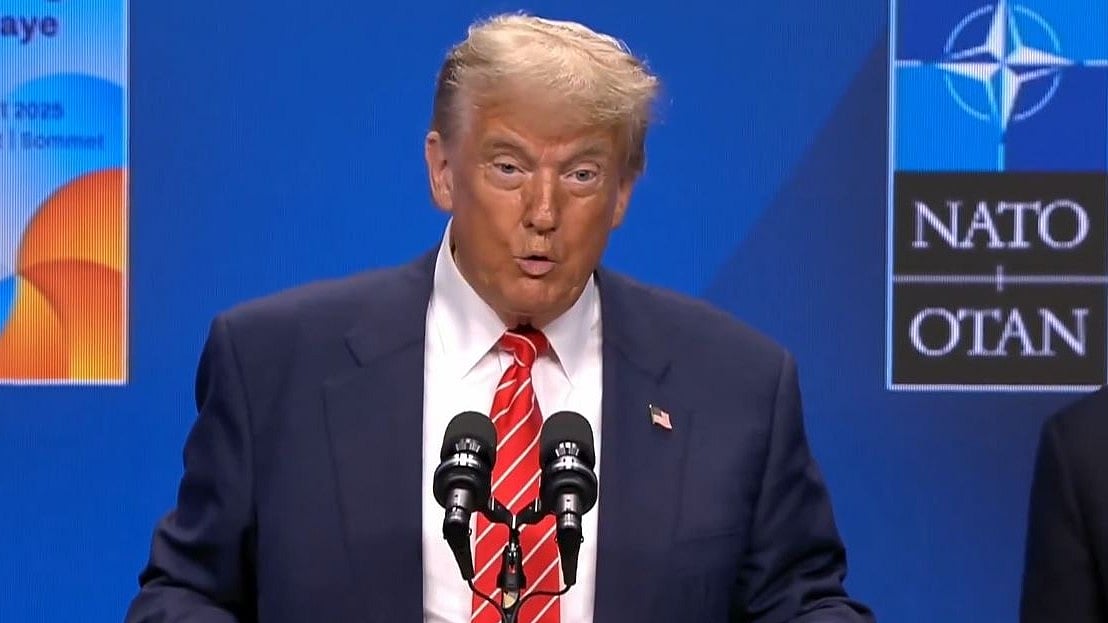The new coalition government in Pakistan unveiled its first budget to the parliament on Wednesday, promising a salary increase of up to 25 per cent for public servants and establishing a lofty tax collection goal while negotiations for a fresh bailout with the International Monetary Fund continue.
In order to help stabilize the economy, which came dangerously close to defaulting on its foreign debt payments in 2023, a new budget of roughly USD 68 billion, up from USD 50 billion in the previous fiscal year, is intended to be eligible for a long-term loan of USD 6 billion to USD 8 billion from the IMF.
The Pakistani finance minister announced during the speech that a proposal to raise the minimum wage from PKR 32,000 to PKR 37,000 had been made.
The minister stated that Pakistan is aiming to raise taxes by 40 per cent, to PKR 13 trillion (USD 44 billion), over the course of the current fiscal year. According to him, the government will make sure that there are more taxpayers.
Health Insurance For Media personnals
A health insurance program for media professionals and journalists was also announced by the finance minister.
The information minister hailed the action as a "historic step" and announced that 5,000 people would receive health insurance in the first phase.
In the second phase, he said, 10,000 more people would receive health insurance.
Sales Tax On Mobile Phones
The government also suggested eliminating the existing sales tax system for mobile phones, which had a nominal sales tax and used a slab-based structure based on pricing.
Privatizing The National Airline
Regarding the IMF negotiations, Aurangzeb declared that Pakistan will sell off its national airline. Over the years, Pakistan International Airlines has suffered losses and declined due to the government's patronage of its supporters with airline jobs.
Solar Power Support
Aurangzeb further stated that, in response to rising electricity costs, tens of thousands of Pakistanis have already installed Chinese-made solar systems in their homes, businesses, schools, hospitals, and factories. The government will also support the private sector in producing solar panels and other equipment in Pakistan.











